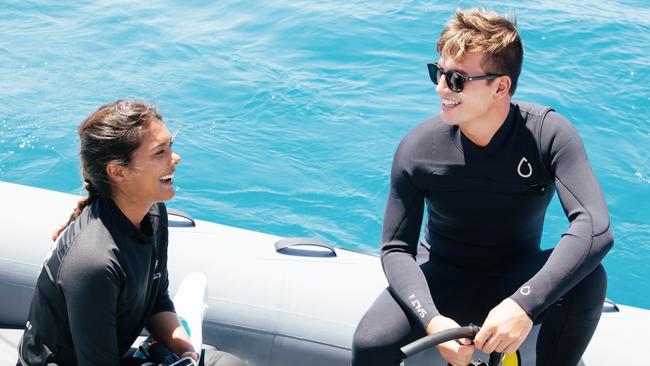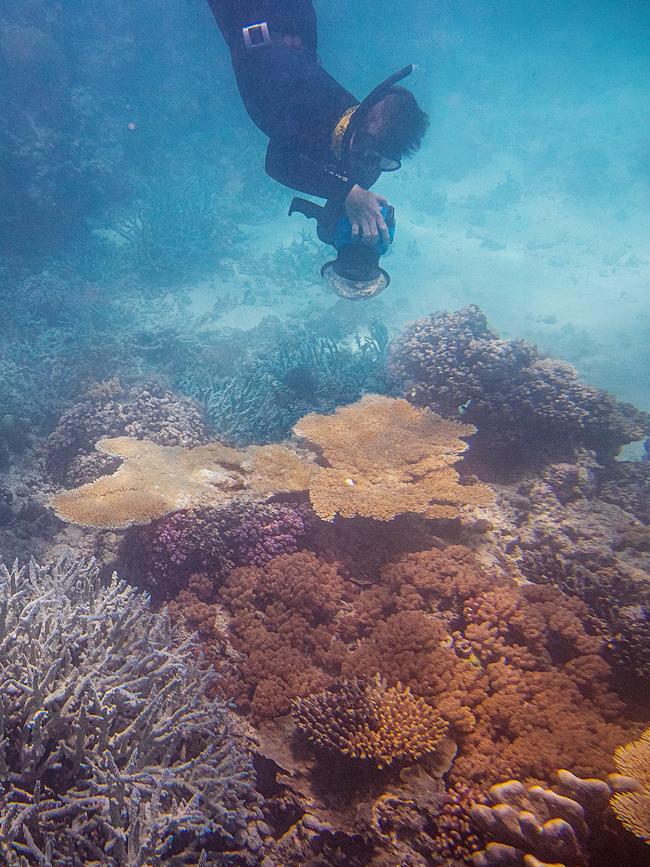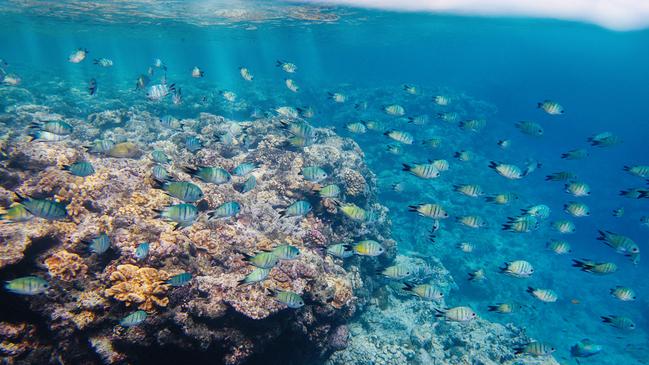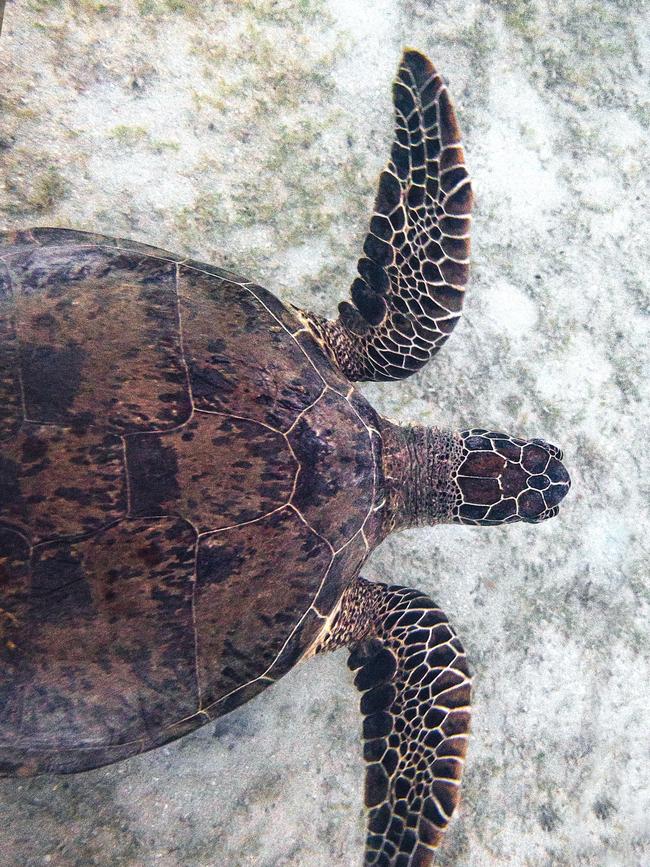It’s green for go in travel rebirth
After enduring two calamitous years, travel industry insiders are predicting a green shoots turnaround – with green the operative word.

After enduring two calamitous years, travel industry insiders are predicting a green shoots turnaround – with green the operative word. As we emerge from the pandemic, more of us are wondering how to do better by the destinations we visit.
“It’s about making considered decisions rather than ticking boxes on fleeting visits, which can be cheap while literally costing the earth,” says Hayley Baillie, creative director of Baillie Lodges.
With eco-conscious retreats including the newly revamped Silky Oaks Lodge in the Daintree Rainforest, the group has long nurtured the idea of “slow” travel. “Choosing to linger longer, and taking a deeper dive into a destination’s people and culture is the way forward,” she says. “It’s really a more empathetic way of travelling.”

Regenerative trips are blossoming, according to Tourism Australia. That could mean staying at a lodge such as Arkaba Conservancy, which directly funds rewilding projects in South Australia’s Flinders Ranges. Or visiting a wildlife conservation sanctuary like the Mon Repos Turtle Centre near Bundaberg. Or enlisting in a citizen science project to help collect data on behalf of researchers.
“Citizen science trips, which fall under purpose-led travel, are a key driver,” says John O’Sullivan, chief executive officer of Experience Co. The adventure tourism operator will soon unveil a wind- and solar-powered pontoon at Moore Reef, 45km from Cairns, with an underwater observatory and laboratory. “The ability to better understand an environmental attraction like the Great Barrier Reef will become the trend of the future.”
Superyacht charters are already moving in that direction, with increasing demand from well-heeled guests for voyages both sensational and educational. In this Friday’s issue of Travel + Luxury magazine in The Australian, charter group Ocean Alliance hosted specialists from Cairns-based not-for-profit Citizens of the Great Barrier Reef to survey coral in the Whitsundays. Environmentalist Nicole Senn and marine scientist James Unsworth gathered images for the group’s most recent reef census.

Booking hotels that give back to the local community in a substantive manner is another way to travel more responsibly. Voyages Indigenous Tourism Australia, which manages resorts in three states including Ayers Rock Resort at Uluru, is a leader in providing employment opportunities for Indigenous staff. “In 2011, Voyages established the National Indigenous Training Academy; we have graduated 561 since the program’s inception,” says chief executive Matthew Cameron-Smith.

With the growth of green-tinged travel comes greenwashing from misleading operators. The onus is on thoughtful travellers to conduct their research.
Experience Co’s O’Sullivan recommends checking whether a company is affiliated with Eco-tourism Australia or collectives such as Great Walks of Australia. Such bodies ensure members meet certain sustainable criteria.



To join the conversation, please log in. Don't have an account? Register
Join the conversation, you are commenting as Logout